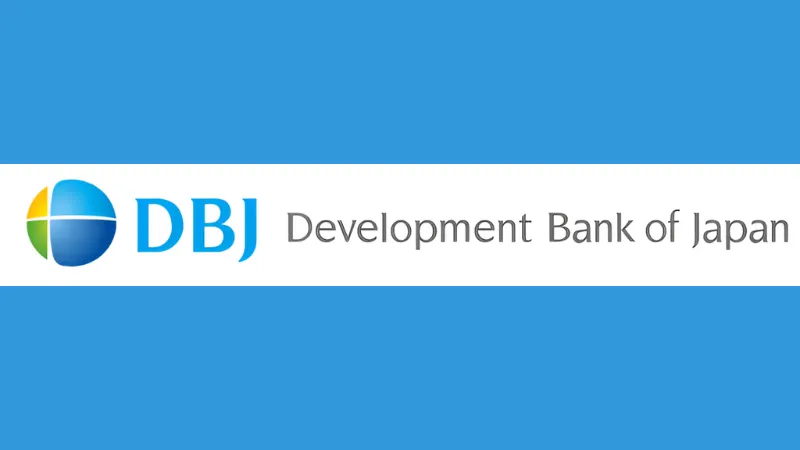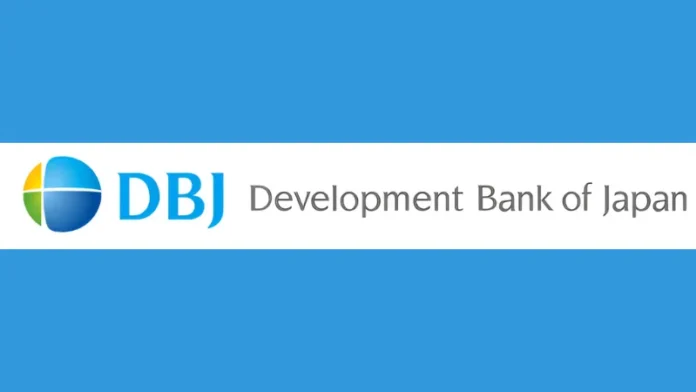
Development Bank of Japan (DBJ) has made an investment in Twelve Benefit Corporation (“Twelve”). Headquartered in California, with plant operations and project development staff throughout several locations in the United States, Twelve is led by CEO Nicholas Flanders.
Read also – Aura Private Equity Leads $28.5Mn Investment into Global Incentive Solutions
Twelve is a U.S.-based startup leading the way in commercializing low-carbon eFuels (electrofuels) through CO2 electrolysis. With their OpusTM carbon transformation technology, Twelve transforms CO2, water, and renewable energy into hydrocarbons, the building blocks for essential chemicals, materials, and fuels. The company is focused on producing E-Jet® SAF, a drop-in fuel that can be used directly in existing aircraft with up to 90% lower lifecycle emissions when compared to fossil-based fuels. The company is currently constructing its first commercial demonstration-scale plant (Moses Lake) in Washington State, U.S., with plans to commence operations in 2025. Twelve has signed offtake agreements with companies such as Alaska Airlines and IAG and plans to further expand its business in the future.
Read also – Finmo Secures $18.5Mn in Series A Funding to advance Treasury Management with AI and Global Expansion
E-Jet® SAF provided by Twelve contributes to the energy transition away from conventional fossil fuels and is targeted toward hard-to-abate industries. The aviation sector, in particular, has growing SAF* demand driven by regulations, policies, and decarbonization targets globally, and the SAF market has been in a structural supply shortage.
Among the main manufacturing processes of eSAF, the CO2 electrolysis adopted by Twelve has strengths such as operational stability due to the absence of advanced thermal management requirements, as it is a low- temperature reaction, and adaptable to renewable energy constraints. However, it is a highly challenging technology to develop, and Twelve is well on the way to commercialize the industry. This investment is made with the expectation that Twelve’s innovative technology will contribute to global decarbonization, supporting the company’s business development from a capital perspective. In addition to DBJ, other investors participating in this funding round include Toppan Global Venture Partners, Inc., Mitsui O.S.K. Lines, Ltd., Mitsui & Co., Ltd., and Advantage Partners, Inc.
DBJ will support our clients’ efforts to achieve carbon neutrality in accordance with our corporate philosophy, “Design the future with financial expertise: Continue to expand financial frontiers; Provide the best solutions for customers and society; Pursue sustainable development for Japan and the world.”
About Development Bank of Japan (DBJ)
DBJ was established on October 1, 2008 as a joint stock corporation under the Development Bank of Japan Inc. Law (Law No. 86 of 2005, as amended) (the “Company Law”), as part of the Japanese Government’s efforts to reform policy finance. DBJ is the successor to the Development Bank of Japan (the “Predecessor”). The Predecessor was a governmental financial institution established on October 1, 1999.





